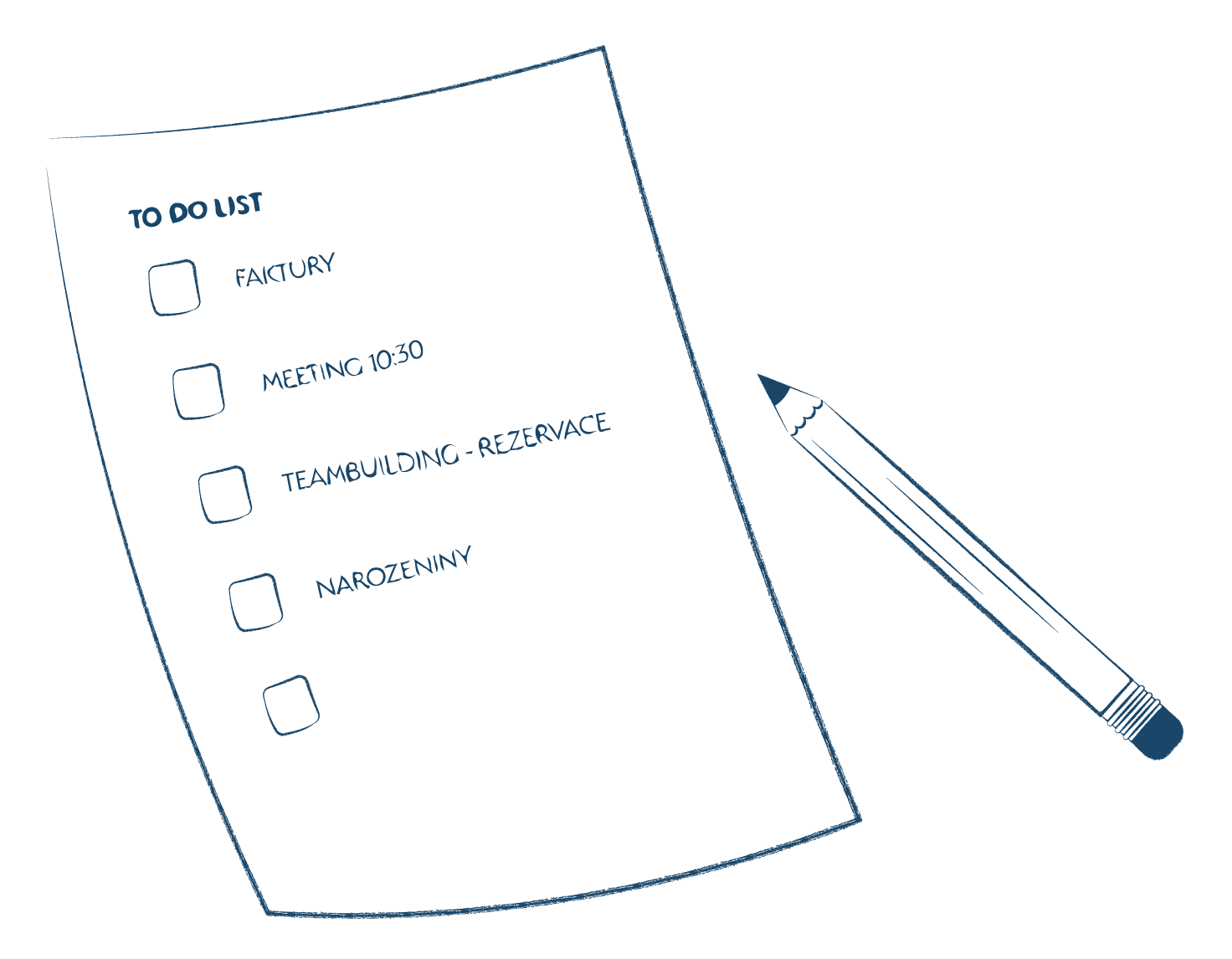
What does the job of an office manager entail?
Send accounting documents for payroll and restock the fridge. On top of that, keep an eye on contract expirations and, in the meantime, come up with and go buy a gift for a team member who has a birthday that month. This is just one example of what a day in the life of an office manager might look like. Read on to find out what skills are needed for this role and what tasks an office manager must handle. You’ll also learn who is well-suited for this job and who might not be.

Routine Tasks Are Fundamental. Without Them, a Company Quickly Collapses.
The vast majority of an office manager’s work consists of routine tasks. These include things like checking incoming and outgoing invoices, basic office care such as restocking office supplies, and renewing contracts within HR.
Regular duties also involve preparing documents for the accounting department, which handles payroll, processes VAT, and manages financial records. In these cases, it’s crucial that all documents are prepared on time and accurately. No employee wants to receive their paycheck late or with errors, and government offices are even less forgiving, imposing penalties for any delays in submitting documents. Negligence or carelessness are definitely not welcome traits in this role.

Ad-hoc Tasks Are the Spice of an Office Manager’s Job
In addition to routine duties, an office manager occasionally has to tackle unexpected tasks. These can include arranging interviews with job candidates and preparing contracts afterward. For fixed-term contracts, it’s essential to monitor their expiration and, in collaboration with the company’s leadership, ensure they are either renewed or terminated on time.
One of the more enjoyable responsibilities may be organizing team-building events. However, even a weekend full of fun involves a lot of work. Choosing a suitable date, location, and handling reservations can become a headache. The more people there are in the company, the harder it is to coordinate such events.
A Thousand Little Things Tie It All Together
Alongside the tasks mentioned above, an office manager is responsible for, metaphorically speaking, a thousand small things that everyone else takes for granted. But when something isn’t working, or if the manager forgets, problems quickly arise. Why has the printer paper run out again? How come the restaurant isn’t booked for the business lunch with the client? Where’s the new phone charger I requested two weeks ago? It’s these small details that show whether the office manager is on top of their job or not.
What Do You Need to Be an Office Manager?

- Mastering Time Management: Organizing your time is absolutely essential. Without it, you won’t be able to accomplish everything you need to do. And often, there’s a lot on your plate. Unexpected tasks that require immediate attention can sometimes disrupt your plans. So, if you need your daily schedule to be perfectly planned from morning to evening and struggle with sudden changes, you might want to consider a different job.
- Setting Priorities: This is closely related to time management. The basic rule is that important tasks come first. For example, invoices, documents for authorities, or clients take priority. Everything else can wait a little, but not too long. Even a seemingly minor task can quickly escalate into a major problem.
- Proactivity: One of the key traits needed for this job. It’s not enough to passively wait for tasks to be assigned; on the contrary, you need to actively seek them out. The sooner you finish something, the sooner you can start working on something else, reducing the risk of tasks piling up.
- Responsibility: Every task must be approached with 100% commitment, without cutting corners or ignoring any details. Even the smallest mistake can have serious consequences. Running out of paper in the printer is inconvenient but easily fixed. However, an unpaid invoice to a supplier can seriously damage the company’s reputation, especially if the same mistake happens every month.
- Thinking Ahead for Others: A truly great office manager stands out from an average one in small ways. For example, they know how to anticipate the needs of their colleagues. This might mean occasionally checking to ensure that everyone who has reported time off has set up their out-of-office email replies. They also keep track of important events, like someone’s birthday in the office, and organize a small celebration.
- Verbal and Written Communication: In most cases, the office manager is the first person a client or colleague interacts with when communicating with the company. First impressions matter. There’s a big difference between receiving a well-written email with all the necessary details and a pleasant voice on the phone, versus getting a short, error-filled message or hearing a tired, disinterested tone.
- Communication Skills: Closely related to the previous point, an office manager must not shy away from communicating with people. Whether it’s delivering good news to a selected job candidate or giving an uncomfortable but necessary reminder to a client about overdue payments, hesitation is not an option. Moreover, personal mood should never influence professional communication. An office manager can’t let the fact that they have a dentist appointment after work or a vet visit for a sick pet the next day affect their interactions.
There are, of course, many more qualities and skills that a good office manager should possess. However, we can generally say that even this seemingly less-than-glamorous job should be enjoyable for the person doing it. This will quickly reflect in the results. If the office manager isn’t functioning well, the rest of the office likely won’t perform much better either.
